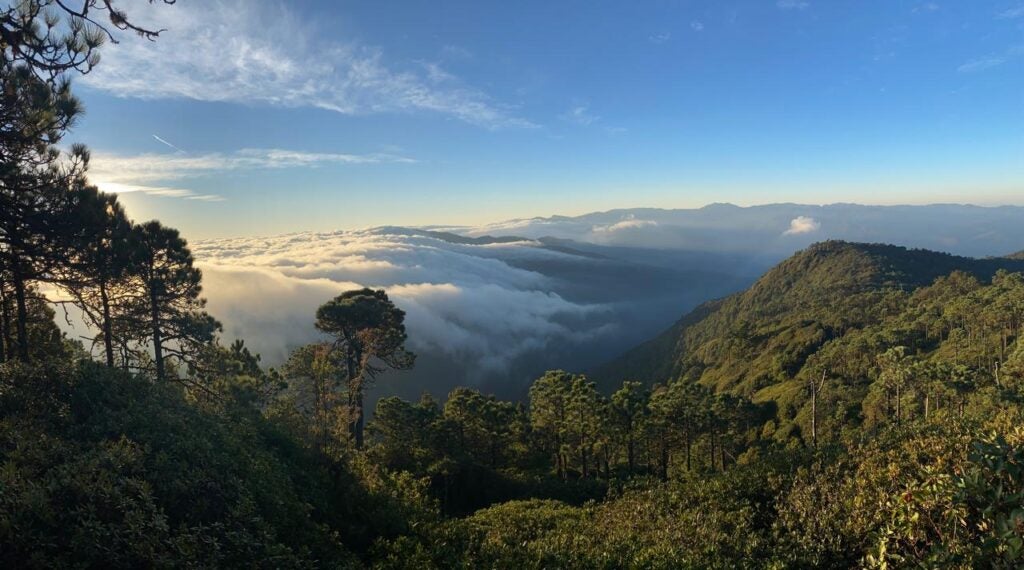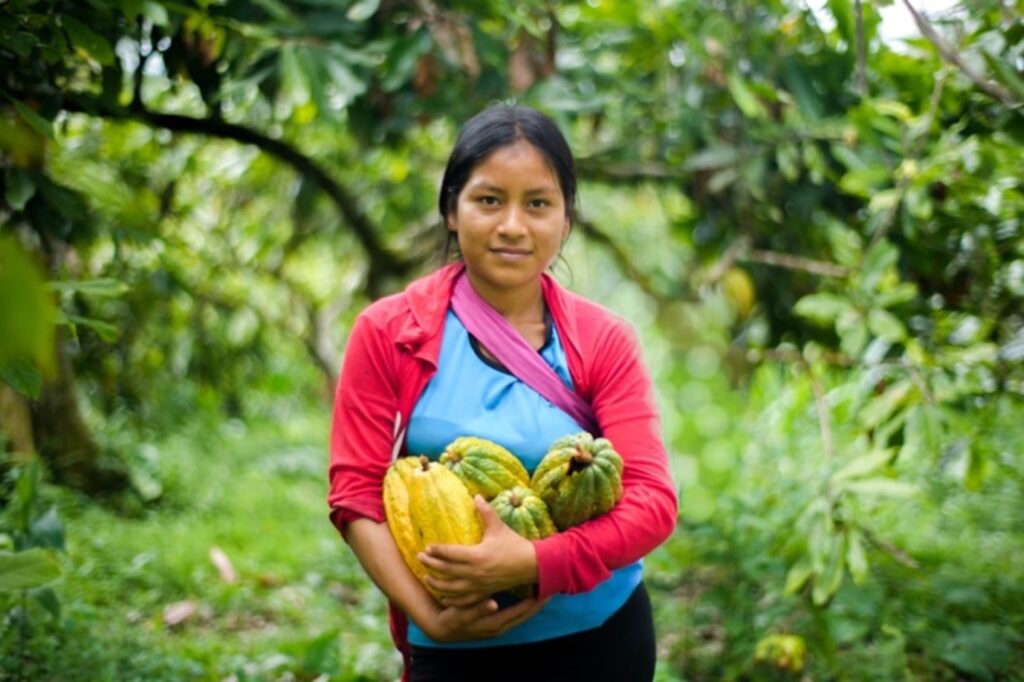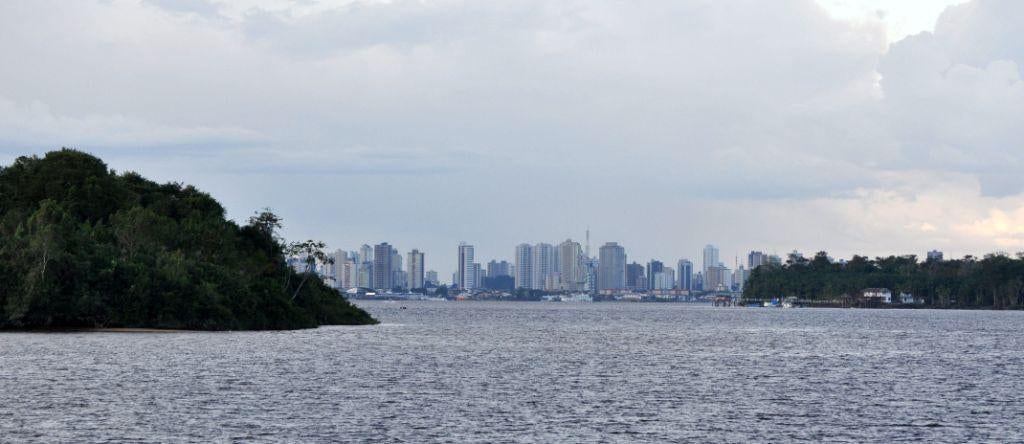By István Bart and Pedro Martins Barata
Join EDF on Monday, October 20 for the webinar “EU Pathways for International Carbon Credits” on Zoom.
As the European Union sets a new climate goal for 2040, a key question is whether the EU should use carbon credits from outside Europe to help meet that goal. The European Commission’s July 2025 proposal intends to reopen the door to credits for the first time in over a decade. Still, it remains vague on exactly how importing should be done – that is, who should import, how much and where should the imported credits be used? Now is the time to get the design right.
EDF’s latest publication, ‘International Credits in the EU: Strategic Choices & Practical Implementation’, explores these questions. It argues that if done well, importing credits could be a practical way for Europe to keep target compliance costs manageable, protect its climate ambition, and increase its influence in international climate policy. But the details matter – doing it right means we’d need strong rules on quality, clear conditions for if/when credits would be used, and a coordinated EU system to manage purchases and credit use.















